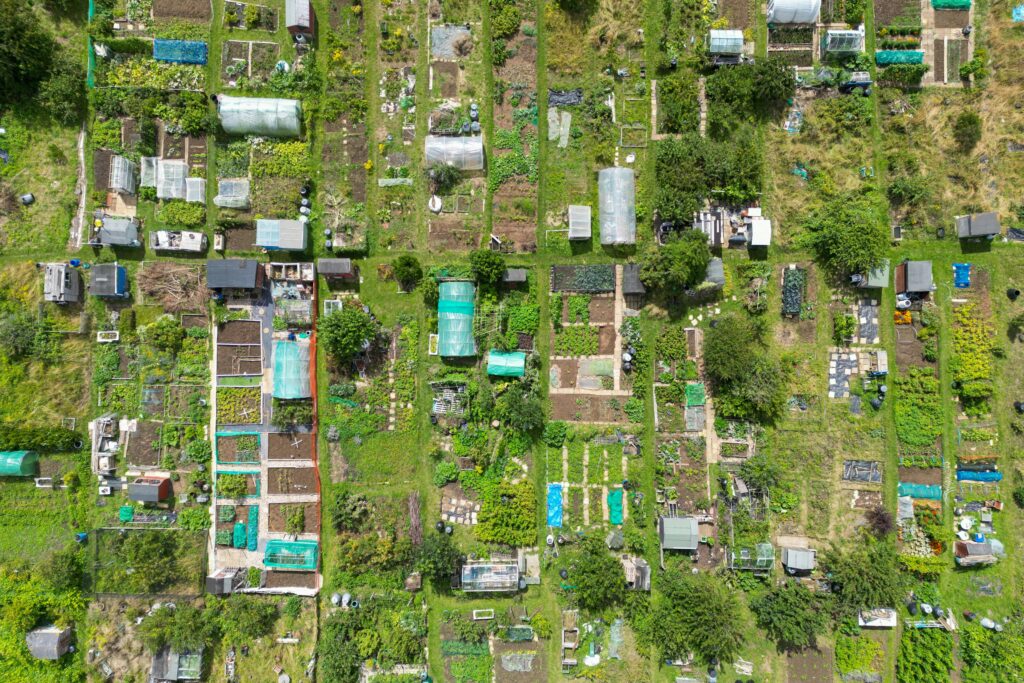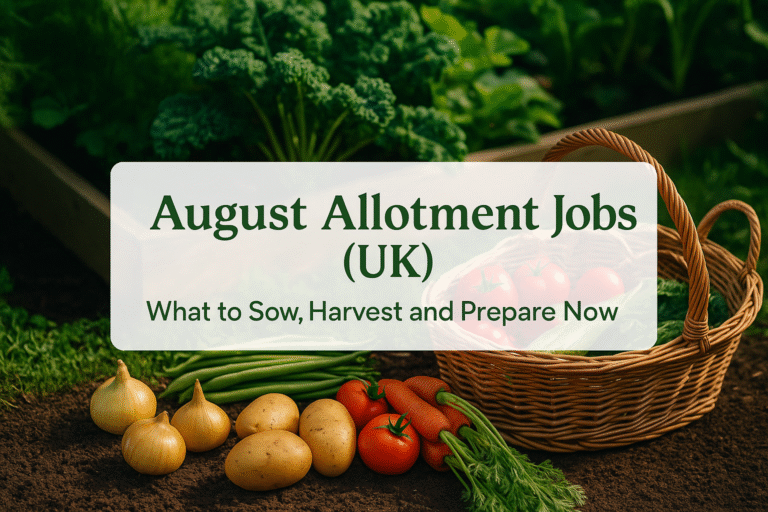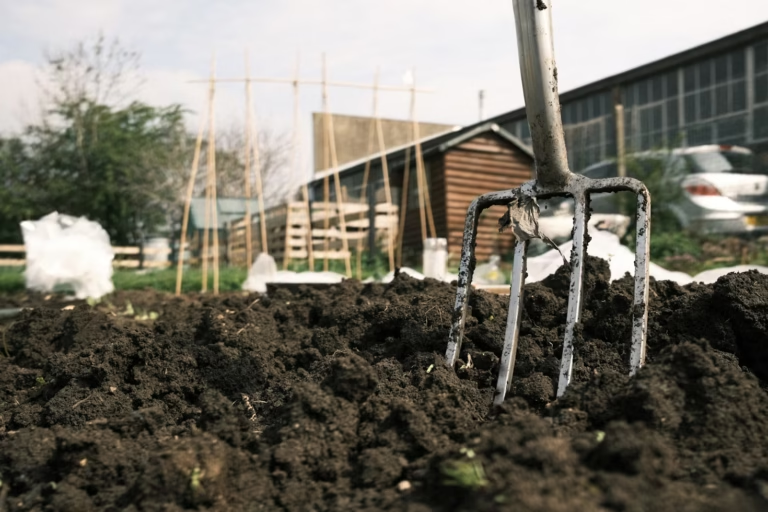Some of the links in this post may be affiliate links. If you decide to buy through them, it helps us grow Sprout Share.
Thank you for your support.

Keywords: finding an allotment UK, allotment waiting lists, apply for allotment, beginner gardening, allotment hunting tips
Finding an allotment UK doesn’t have to mean years on waiting lists – there are ways to skip the queue and secure your plot faster than you think. Picture this: you’re out for a run, mind somewhere else entirely, when you spot a handwritten sign saying “Contact Barbara for allotment plot” with a WhatsApp number scrawled beneath. Picture this: you’re out for a run, mind somewhere else entirely, when you spot a handwritten sign saying “Contact Barbara for allotment plot” with a WhatsApp number scrawled beneath. You stop, snap a photo, and fire off a message before you can overthink it. A few texts later, you’ve got yourself an allotment plot without setting foot on a single waiting list.
That’s exactly how this journey began, complete beginner’s luck. But here’s the thing: while that kind of serendipity is lovely when it happens, most people finding an allotment UK need a proper strategy. The process of finding an allotment UK doesn’t have to mean endless waiting when you know the right approaches.
The Reality Check: Those Waiting Lists Are Real
Let’s be honest about what you’re up against. Across the UK, waiting lists can stretch for years, with some areas seeing longer waits than others. London tends to have some of the longest waiting lists, while Wales generally offers shorter wait times than England. But the exact timing varies hugely by location, some plots become available within months, others take several years.
But before you get discouraged, remember that these numbers tell a story of demand. People want to grow their own food, connect with nature, and build community. That’s something worth waiting for, and there are ways to improve your odds.
Where to Start Your Hunt
1. Contact Your Local Council
The most straightforward route is through your local council. Contact your local council to apply for an allotment near you. They will either allocate you a plot or, in many cases, add your name to a waiting list. Each council manages applications differently, so check their specific process.
Quick tip: Don’t just apply to one location. Cast a wider net and apply to multiple sites in your area. You can always turn down offers if multiple plots come up.
2. Use Online Tools
Allotment Finder: An online tool that allows you to search for allotments by entering your postcode or location. Local Council Websites: Many councils list allotments directly on their sites. These digital resources can help you map out all the options in your area.
3. Connect with The National Allotment Society
The National Allotment Society is the leading representative body for UK allotment holders and their website offers guidance on finding plots. They understand the system inside and out.
Beyond the Official Routes
Talk to Your Neighbours
Talk to your neighbours – find out if other people in your neighbourhood are looking for an allotment and struggling. Sometimes collective action can help push for new sites or better management of existing ones.
Keep Your Eyes Open
That sign-by-the-road approach might seem like a fluke, but it’s worth paying attention to local noticeboards, community Facebook groups, and even chatting to existing plot holders. People move, circumstances change, and sometimes plots become available outside the official channels.
Check Independent Sites
Not all allotments are council-managed. Some are run by private associations or organisations. These often have different application processes and potentially shorter waiting lists.
Making the Most of Your Wait
While you’re on waiting lists, this time isn’t wasted. Use it to:
- Learn the basics: Start reading about soil preparation, seasonal planting, and basic gardening techniques
- Visit existing allotments: Most sites have open days or don’t mind visitors. You’ll pick up practical tips and get a feel for the community
- Start small at home: Even if it’s just herbs on a windowsill, get your hands in some soil and start understanding how plants grow
- Connect with local gardening groups: Build relationships with people who might know about opportunities
Why This Matters
The allotment waiting lists might seem daunting, but they’re actually a sign of something hopeful. In a world where we’re increasingly disconnected from where our food comes from, people are choosing to get their hands dirty. They’re prioritising mental health, community connection, and learning skills that our grandparents took for granted.
Growing your own food isn’t just about the vegetables, though there’s something amazing about eating a tomato that was a seed in your own hands just months before. It’s about slowing down, working with your hands, and being part of something bigger than yourself.
Your Next Steps
- Apply to your local council – get on those waiting lists now
- Search online using allotment finder tools and council websites
- Connect with The National Allotment Society for guidance and support
- Talk to people in your community about allotment opportunities
- Start learning while you wait – every bit of knowledge will help once you get your plot
Remember, this is a shared journey. The person who gets their plot next week and the person who waits three years are both starting from the same place – wanting to grow something good. The waiting time is just preparation time in disguise.
Next up, we’ll tackle what to do with your plot once you’ve got it – because turning a potentially overgrown patch into a productive garden is where the real adventure begins. Until then, keep your eyes open for those “Contact Barbara” signs, and don’t be afraid to send that WhatsApp message.


